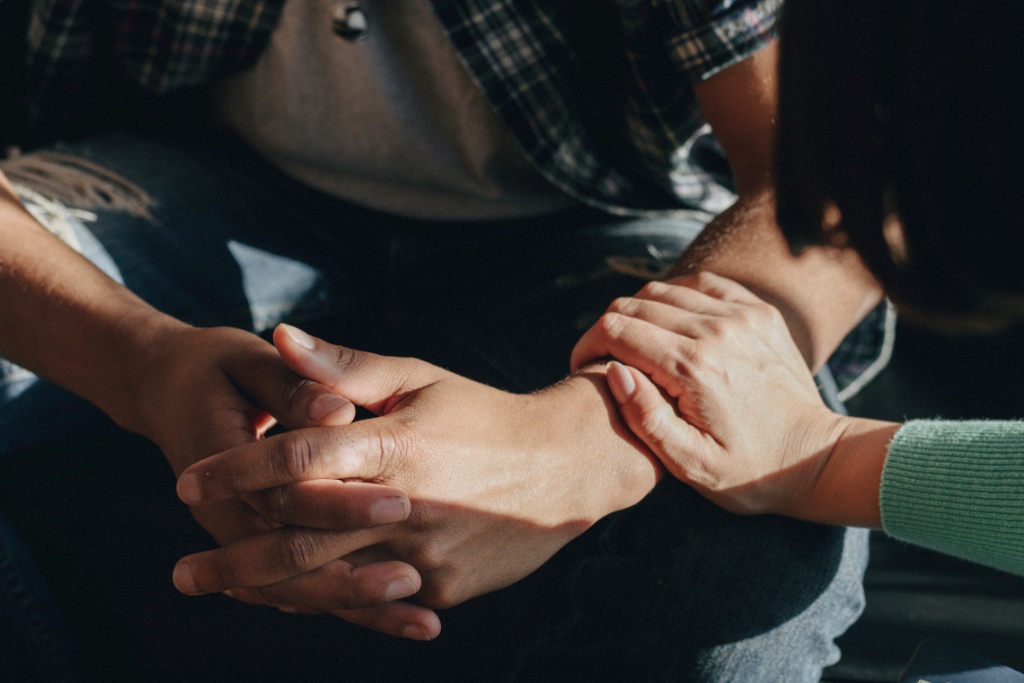May 1, 2023 | personal injury Claims
How Can Social Media Impact Your Insurance Claim?
Table of Contents
In the digital age, social media has become a powerful tool. It is commonplace for an individual to be spread across multiple social media platforms, sharing images, videos, and status updates about themselves on the internet and engaging with others.
It is estimated that 4.48 billion people currently use social media worldwide, and that the average social media user engages with 6.6 different social media platforms a day. On average, a person spends 2 hours and 24 minutes on social media every day.
Because of this, it is easier than ever to gather information about someone. Many people share posts online without giving it a second thought.
While sharing photos, videos, and status updates online may seem harmless, it can have serious consequences for a person’s insurance claim.
In Isacov v. Schwartzberg, 2018 ONSC 5933, the Court ruled that, given the present technological environment, information shared on Facebook and other social media platforms should be disclosed if it is relevant to key issues in personal injury litigation.
Can Social Media Be Used as Evidence?
In a nutshell: yes. When it comes to personal injury and insurance claims, lawyers and the Court can consider items shared on social media as evidence.
Private investigators are often hired in insurance claims to keep tabs on an injured party. They do so to ensure that the injured party is telling the truth.
Private investigators and lawyers can turn to the internet and look up what a person is posting online. A quick Google search can display any public social media accounts the individual in question may have created, allowing the interested party to examine and record the information posted therein. If someone’s online presence does not reflect the injuries they are claiming in a lawsuit, their claim for recovery of damages can be harmed, or even denied.
In Travis v. Bittner, 2022 BCSC 839 , the Plaintiff was claiming disabling injuries resulting from a motor vehicle accident. The Court ordered the Plaintiff to produce photographs and videos in her possession that showed her participating in exercise classes, engaging in sporting activities, and taking a vacation:
[25] Given the issues and injuries being claimed and the allegations of the effect they have had on this relatively young plaintiff as to her ability to carry out social activities and more importantly be employable in any meaningful way, and the potential quantum in issue as a result, balancing the probative value and the proportionality does weigh in favour of some disclosure in this case.
[26] In this respect, the plaintiff will certainly be able to answer with her own testimony at trial as to any alleged inconsistency as a result of what photos depict and to expand on what impact those activities had on her, or whether or not there is further context that needs to be given. As such, there is no real prejudice from the disclosure. Appropriate disclosure of demonstrative evidence that sets out the extent of the plaintiff’s activities will go to either prove or disprove material facts.
Am I Protected If My Social Media Accounts Are Private?
Private social media accounts and the posts shared on them are safe from the public eye. However, private accounts and posts are not safe from being produced as evidence in a litigation.
In Nemchin v. Green, 2019 ONCA 634 , the Plaintiff was involved in a motor vehicle accident and suffered from post-traumatic stress disorder and physical complaints. The Plaintiff had to reactivate her Facebook account and produce approximately 20 posts to be used as evidence. The Facebook posts showed the plaintiff in various yoga poses and in other situations that would challenge her functionality in relation to her accident-related complaints.
Similarly, in Murphy v. Perger, [2007] O.J. No. 5511, the Court ordered the production of photographs that were posted on a private portion of the Plaintiff’s Facebook page. The Court reasoned that the Plaintiff’s right to privacy was minimal since the Plaintiff had already given 366 Facebook friends access to her private photographs. The Court also reasoned that the Plaintiff’s right to privacy was outweighed by the Defendant’s need for access to these relevant photographs.
Is the Use of Social Media Evidence Regulated?
In litigation, the use of evidence is always regulated.
Per Isacov, the Court stipulates that relevant social media posts to be used as evidence must be included in the appropriate schedules of each party’s Affidavit of Documents.
Per Nemchin, private social media posts can be produced through an access agreement between parties, and the evidence must be appropriately disclosed to the other party. The Defence will not be allowed to go on a “fishing expedition” by have unlimited access to a private social media account. The mere existence of a social media account does not mean it can be used as evidence. There must be a reason to believe that material related to the litigation has been posted on someone’s private account.
Per Travis, the identity of a third party in a social media post must be respected and kept private. Names should be redacted, and faces should be obscured. The Court is not interested in those not party to a lawsuit.
Will I Always Have to Share My Social Media Posts in Litigation?
Even though it is increasingly common for a Plaintiff’s social media posts to be produced as evidence, the Court does not always find it to be necessary. The production of social media posts is considered on a case-by-case basis. In order for it to be produced, there must be some evidence that what has been posted is relevant to an insurance claim.
In Conrod v. Caverley, 2014 NSSC 35, the Nova Scotia Court considered the principles in Murphy to address a request for access to a private portion of a plaintiff’s Facebook page. The Court did not find it necessary for the Plaintiff to produce her private Facebook page as there was no reason to believe the private posts would be any more relevant to the litigation than the public posts. However, the Plaintiff in Conrod claimed that her injuries included impaired concentration, which affected her ability to use on the internet. The Court ordered her to produce her Internet usage logs instead of those social media posts.
How Can I Protect Myself?
It is best practice to keep your life offline. However, if you have to use social media, think before you post anything.
Written by Seth Wheeldon
Personal Injury Lawyer
Lawyer Seth Wheeldon assists clients with a broad scope of personal injury claims. His areas of focus include accidents due to negligence, slip and fall accidents, disputes over long-term disability benefits, and more.
More personal injury Topics
Here’s more information on personal injury related topics that we think you might find helpful.

personal injury
|
May 26, 2025
Mental Health Still Often Demands Medical Proof to Claim in British Columbia
Mental health has long been a critical issue in Canada, affecting millions of individuals across the country. Despite growing awareness, stigma and barriers to treatment…

personal injury
|
March 1, 2023
Safety Tips for Winter Storms
Anyone who had been looking forward to an early Spring had their hopes dashed this past weekend, when a series of major winter storms tore…

personal injury
|
February 6, 2020
What Is an Independent Medical Examination?
The Independent Medical Examination, or “IME,” may be requested by a disability insurance company to provide an unbiased, professional medical opinion from an outside specialist…
Speak With Our
Legal Team for FREE
Find Out if You Have a Case in Under 5 Minutes
Speak to a Lawyer Now!
We’re here to help.
